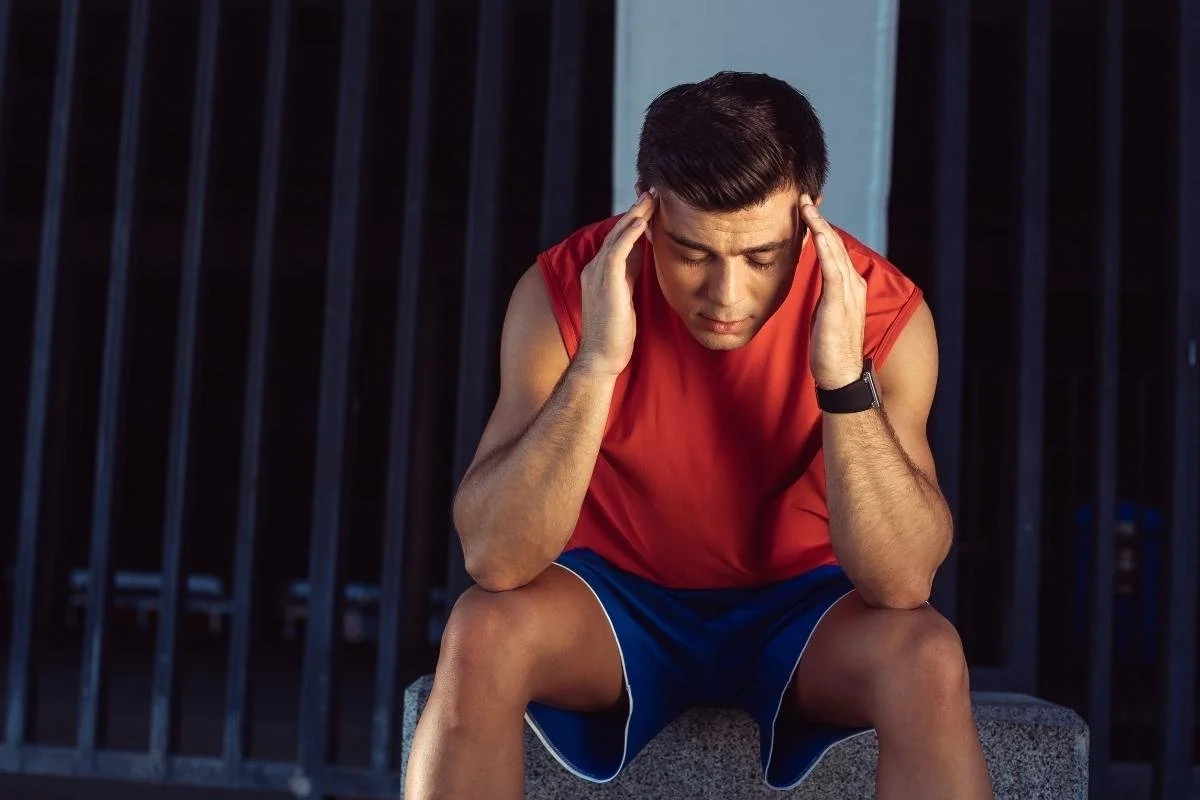No significant reduction in relapse of symptoms due to premature Return to Learn
By Aamy Woldesenbet. This article was initially published in our Concussion Update newsletter; please consider subscribing.
A recent study published in Canadian Family Physician looked at the prevalence of sport-related concussion cases among student-athletes that resulted in a relapse of symptoms due to premature return to play (RTP) or return to learn (RTL). Authors James D. Carson et al. found a significant reduction in symptom relapse rates related to premature RTP but not for RTL, indicating the need for more emphasis on implementing RTL protocol. They also found that female students were more likely to experience a relapse of symptoms than male students.
In particular, the study hoped to determine if the relapse in concussion symptoms due to premature RTP or RTL (in 2011 - 2016) changed compared to a similar study conducted between 2006 and 2011. Compared with results from the study conducted between 2006 and 2011, the incidence of premature RTP decreased by 38.6%, and premature RTL decreased by 4.7%.
In relation to gender, the study also found that the prevalence of relapse of symptoms was 43.4% among female students and 29.7% among male students, indicating that females were “more likely to experience a relapse of symptoms.”
Between 2006 and 2016, there was a noticeable decline in symptom relapse rates among the premature RTP sample. Interestingly, the same was not the case with the RTL sample, where the decrease in incidence was minor. The researchers propose that this may be due to awareness efforts for implementing structured RTP strategies arising before and more prominently than those for RTL. It may also have been more challenging to implement RTL recommendations due to the increased complexity of the school environment, with students participating in varied learning environments with multiple educators within a school day.
To improve premature RTL-related outcomes, the researchers encourage fellow physicians to educate students on how to adjust their cognitive load during the transition back to the classroom. Furthermore, they recommend that clinics increase collaboration with schools by providing relevant health-related documentation pertaining to the student-athlete to support them on the RTL journey.

